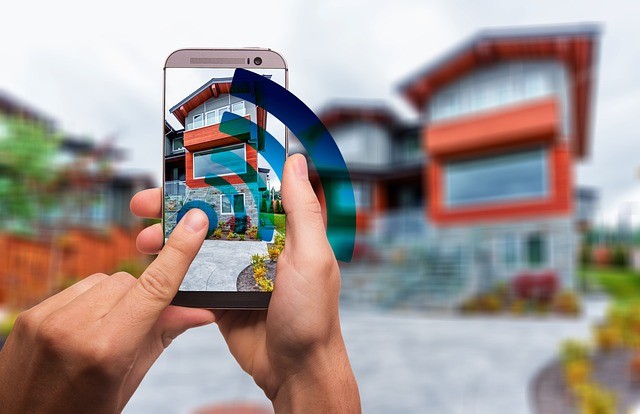by Armand Doru Domuta
The advancement of technology has been one of humanity’s most important endeavors so far, and even after many years of expanding upon it, we find new ways of giving birth to disruptive tech that revolutionizes the way we live our lives. Technological progress has been ever-constant, and within the past few decades, we have been bettering and perfecting our appliances and devices in order to improve our standard of living.
In 2000, we were fascinated by ASIMO – a robot prototype that had many iterations throughout the years. As technology progressed, ASIMO eventually ‘learned’ to interact with humans, as well as walk (even run), unassisted. Its designers added many functions and capabilities to the base model, leading to it being capable of recognizing faces, posture, even distinct voices and respond with sign-language. While advanced, ASIMO’s technology didn’t come cheap – in 2016, one example was valued at 2.5 mil USD. The technologies pioneered by ASIMO and similar constructs have these days afforded us consumer robots capable of performing mundane chores – such as cleaning carpets or mowing lawns – however, the march of progress in this field is far from slowing down.
In fact, one could say with confidence, that it has progressed ever more rapidly and the benefits for the ordinary consumers will not take long to show themselves. With the introduction of the Internet of Things (IoT), possibilities for creating a unique and technologically personalized home are virtually limitless, and more importantly, around the corner, if not already prototyped. Offering many opportunities for remote controlling house appliances, or even limited access to specific parts of the home for neighbors, friends, and family members in case of need.
Due to its early-stage development, IoT is still susceptible to security threats, however, these are being addressed as they surface. The IoT represents the next step in connectivity and quality of life – a network of house appliances that are interlinked and accessible via the internet while being enhanced with cyber-physical systems that grant them a vast array of uses.
If, in the past, our home systems were nothing more than basic security and entertainment systems – now the concept has evolved in such a way that allows the automation and interplay of most household appliances, with the right retrofit. Given this, further work must be done on the human-machine interface, making it more safe, reliable, and easy to use. This is where blockchain and smart contracts come in, offering a new, efficient, and safe way to interact with our high-tech home system.
The future promises ultra-connected homes that we can share with friends and family without handing over complete control. One example would be allowing our neighbors access to check on your beloved pets whilst you are away, even though they will already have been fed by your smart home.
All of this can be accomplished through the use of blockchain technology, that replaces a central server, of which you, as the owner, are in charge. Although blockchain is associated with cryptocurrency, this represents just a small fraction of its potential. In our smart home scenario, blockchain becomes a flexible platform, able to support a great variety of appliances, each with their own specific commands and functions.
A unique blockchain platform, sensitive to permission-based commands, will be created that allows for remote control of most house appliances, all of them available through a phone app. This will even work with door locks, giving users the ability to grant remote access to parts of the house, in case distant family members come to visit, and you are busy at work. Due to the fact that blockchain is a decentralized technology, access can be granted from any location as long as the house is connected to the internet.
Currently, both the IoT and blockchain continue to expand, parallel to one another, occasionally intersecting and benefiting from each other’s breakthroughs, more solutions will arise with time.
Armand Doru Domuta is the CEO of Restart Energy and President of the Blockchain Association of Romania. He has scaled Restart Energy in the last 10 years into a diversified energy company and developed over 500 energy projects.















